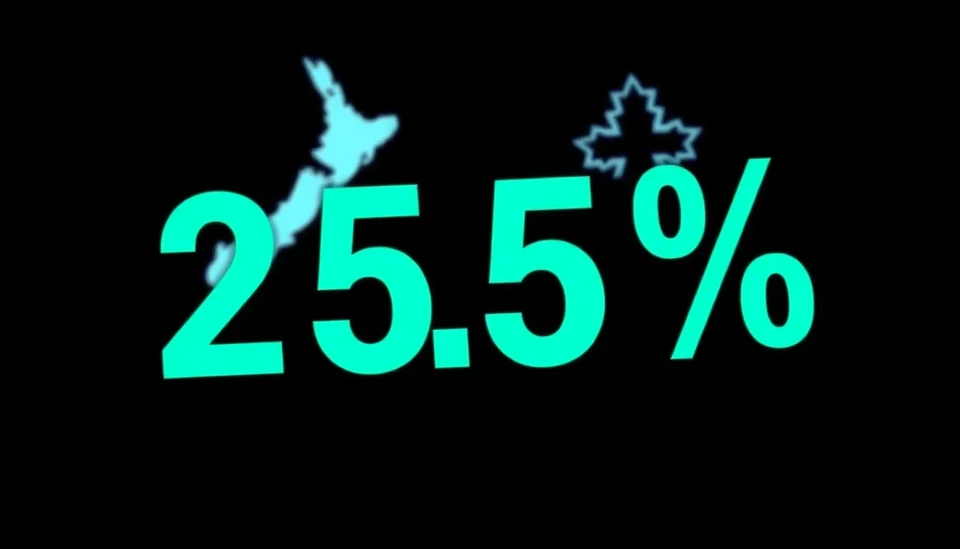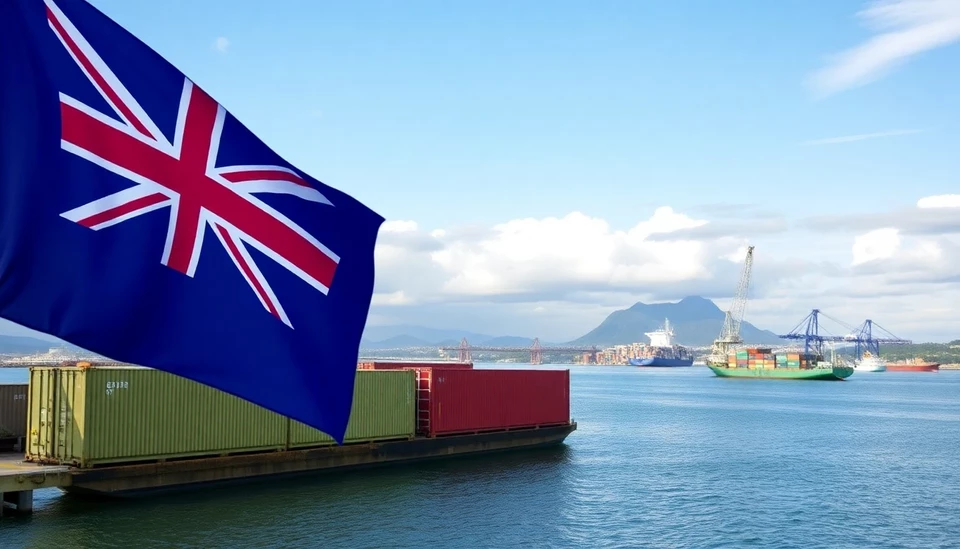
In a significant development for New Zealand's economy, the manufacturing sector has contracted for an unprecedented 20 consecutive months, casting a shadow of uncertainty over the nation's industrial landscape. This trend not only highlights the challenges faced by manufacturers but also raises concerns about the broader implications for economic growth and employment within the country.
According to the latest data released, the performance of New Zealand's manufacturing industry continues to weaken, with indicators suggesting a downturn that shows no signs of immediate recovery. The announcement comes as global economic pressures intensify, exacerbating domestic challenges such as rising inflation and supply chain disruptions.
Experts suggest that the ongoing decline can be attributed to various factors including decreased demand, increased costs of production, and shifting consumer preferences. This forecast of continued contraction has prompted urgent discussions among policymakers, business leaders, and economists about the potential long-term impacts on the sector and the economy as a whole.
The significance of this record contraction lies not just in the numbers displayed by the manufacturing reports but also in what they reveal about the current climate of the New Zealand economy. Manufacturing is a crucial pillar, contributing to job creation and GDP growth. As the sector experiences prolonged downturns, it raises concerns about rising unemployment rates and stunted economic expansion.
Furthermore, many stakeholders in the manufacturing industry are expressing their worries about the political and economic landscape. The calls for strong, supportive measures from the government are becoming more urgent, with an eye towards revitalizing this essential sector of the economy. Manufacturers are urging authorities to consider policies that would stimulate growth, encourage investment, and enhance trade opportunities both domestically and internationally.
Looking ahead, the outlook remains cloudy. Analysts indicate that while certain trends may reverse with strategic intervention, the persistence of challenges such as inflation and global supply chain issues will likely continue to pose obstacles in the near future. As New Zealand navigates these troubled waters, the question remains: how will the government respond to revive a sector that is increasingly vital to the nation’s financial health?
As the countdown to recovery resumes, all eyes will be on both local and global economic indicators in the months to come. Investors and businesses alike are anticipating whether the government can enact the necessary changes to foster resilience in the manufacturing sector and restore confidence across the broader economy.
#NewZealand #Manufacturing #Economy #Inflation #SupplyChain #Employment #EconomicGrowth
Author: Rachel Greene




